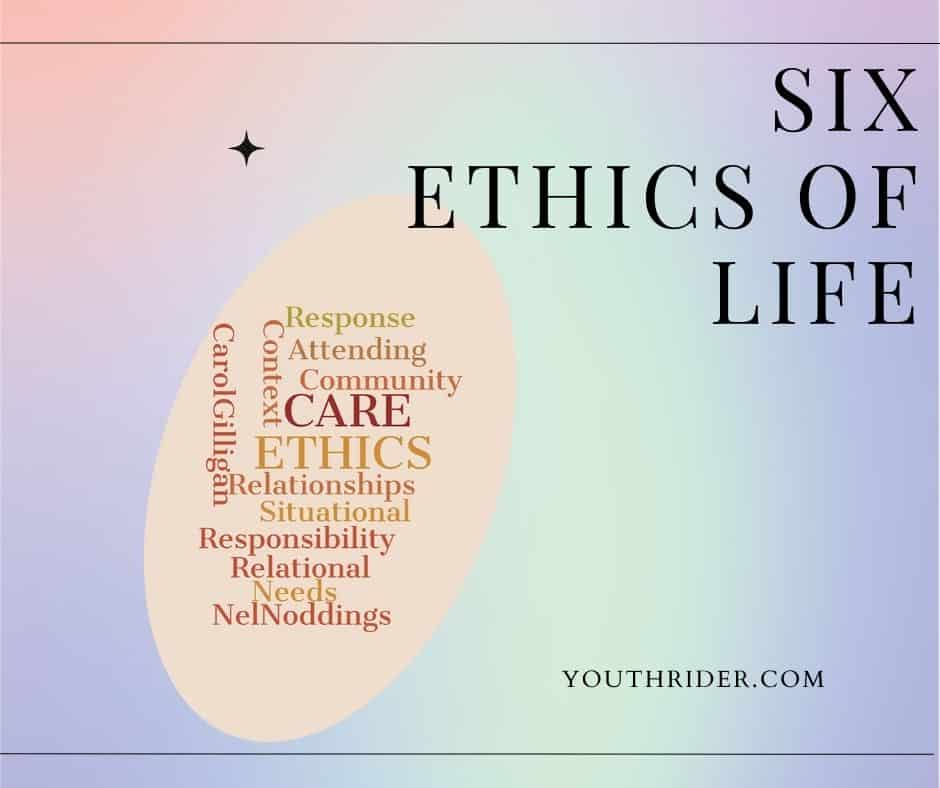Healthy Food Habits For Ramadan
Ramadan is the ninth month of the Islamic calendar, observed by Muslims worldwide as a month of fasting, prayer, reflection, and community. In this month, everyone should focus on healthy eating habits.
The annual observance of Ramadan, which commemorates Muhammad’s first revelation, is considered one of Islam’s Five Pillars. From one sighting of the crescent moon to the next, it lasts twenty-nine to thirty days.
Read more: 4 Benefits and Side Effects of Instant Energy Foods (Oatmeals)
Some Surprising Health Benefits in Ramadan
- Fasting has numerous health benefits, as we all know. In addition to increasing immunity, the ability to face obstacles is improved. It contributes to our outward physical appearance by getting rid of excess fat.
- It alleviates a number of diseases, including chronic stomachaches, inflammation of the colon, liver diseases, indigestion, and conditions such as obesity, arteriosclerosis, hypertension, asthma, diphtheria, and others.
- For many reasons, maintaining a proper diet in the days of Ramadan is very important. A well-balanced intake of food and fluid is important between dusk and dawn.
What to Eat in Sehri?
Sehri should be beneficent and sober—filling as well as supplying sufficient nutrition and energy till iftar. It is recommended that the meal should slow-digesting food and light to maintain healthy eating habits.
During Sehri, we eat complex carbohydrates so that the food lasts longer in the stomach and we don’t get hungry.
What to Eat in Iftar?
Healthy eating habits do not build in just one month. So, you have to build these habits gradually.
At iftar, people should have plenty of fluids rich in vitamins.
Following Prophetic tradition, most people customary open the fast with dates, Date is a unique blend of glucose and fructose, it’s good for short and long term energy.
High level of potassium (about 65% more than bananas), and a special blend of carbohydrates that ensures hydration above and beyond water alone. It also has beta-D-glucan, which is a soluble fiber that gives the stomach a ‘full’ feeling.
The general rule for a month’s diet should be to include healthy eating habits and foods from all the main food groups:
- Mineral water
- Bread, rice other cereals, and potatoes
- Fruit and vegetables
- Meat, fish, and alternatives
- Milk and dairy foods
- Foods containing fat and sugar
Drink as much water or fruit juices as possible between iftar and bedtime so that the body may adjust the fluid levels in time.
Fiber, carbohydrates, potassium, magnesium, and protein are all abundant in haleem. Almonds and Chola have a high protein and fiber content while being low in fat. Potassium, magnesium, and carbohydrates are all found in bananas.
People should take Healthy alternatives. Baked food should be taken instead of fried. Such as Chapattis made without oil, baked or grilled meat, and chicken.
We may follow some cooking methods, such as shallow frying, grilling, or baking. Those are healthier and helps retain the taste and original flavor of the food, especially with meat and fish.
Foods to Avoid to Keep Yourself Healthy
People should be avoiding some kinds of food. Like Fried and fatty foods like pakoras, samosas, parathas, oily curries, and greasy pastries, Foods that contain too much sugar, etc. Over-eating, especially during sehri Time is harmful to our body.
Too much tea at sehri should be avoided. Tea is a diuretic, it increases urine production, which results in the loss of minerals.
Some Cooking methods must be avoided. Such as Deep frying, Frying, Curries with excessive oil.
It is permissible in Islam for those with a sick health condition, not too fast. However, Ramadan fasting has great spiritual significance for Muslims and many with physical problems do choose to fast.
Whether to fast or not is a personal decision for each individual. If people sick and are planning to fast, it’s advisable to visit their doctor or healthcare team to talk about how to manage their condition while fasting. Follow these healthy eating habits not only in Ramadan, but also at other times.
You can also read: Life Changing Habits: My Own Rules for 2021











